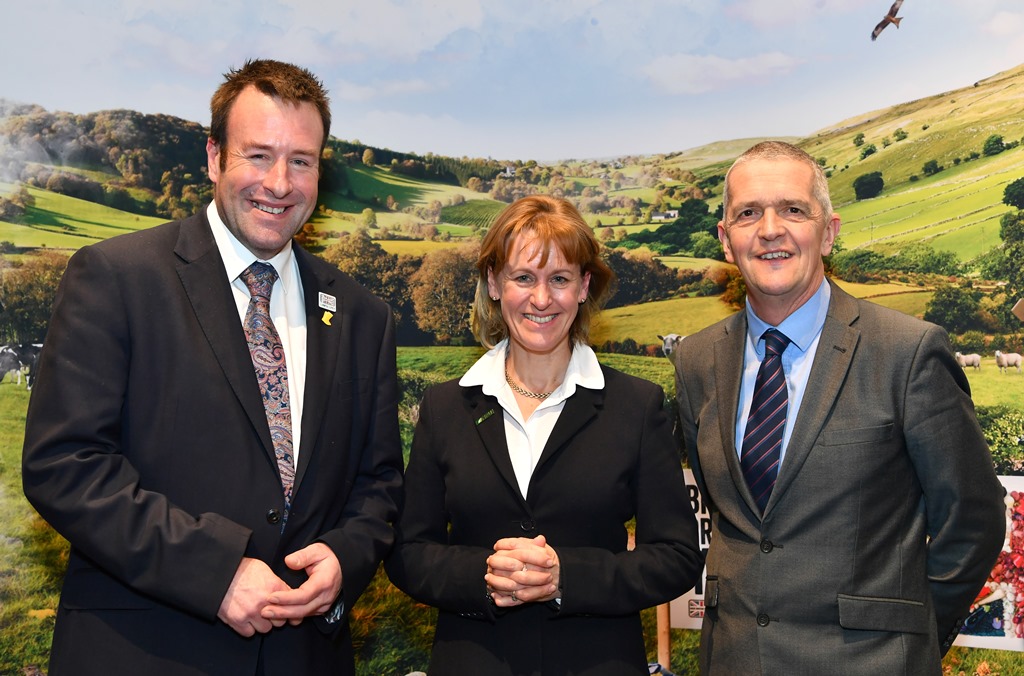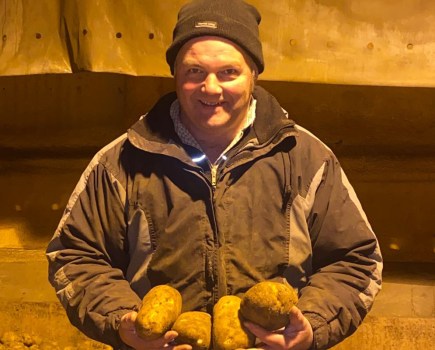Farming is by its nature a traditional industry. It’s not exactly stuck in its ways, but it respects its roots and displays more continuity than you would find in other industries.
Apart from the National Trust how many other businesses still routinely use buildings that predate the war? On that theme I had to smile when some researcher put a call out asking farmers if they had any pieces from World War Two on their farms which was still used – to which more than one wag responded ‘yes – Grandad’. You had to feel a bit sorry for the grandad out there being bracketed alongside Nissan huts and hay rakes.
And this in a very roundabout way leads me to the issue of farming and gender. Let’s not be coy or in denial about this, as any sale-ring or County Show machinery stand will testify, it’s predominantly a man’s world. That doesn’t make it right or wrong, it’s just the way it is.
However, as a father of two daughters now in their twenties I’ve come to fully understand why it’s wrong to define people by their gender in the world of work. My girls are rightly very fierce in their insistence they should be judged according to their ability and not according to their gender. In fact, it makes me feel quite angry to think of them being held back because of patronising or sexist attitudes at work.
And this leads me to the new president of the NFU, Minette Batters. Although I stood against her in the election and although I don’t enter two horse races to come second, I have no doubt Minette’s taking of the presidency was a good day for agriculture as well as an historic day for the NFU.
Although the subsequent headlines along the lines of ‘NFU elects first female president’ that were blazed all over the media repeat the mistake of defining her by her gender rather than her ability, I’ve no doubt her election has moved the needle towards agriculture having a better own balance between the sexes. Agriculture, just like any other industry, must change in response to a changing world. It cannot afford to pigeon-hole the talent in its ranks through blind prejudice.
And, of course, I look forward to working as her Deputy for at least the next two years. Herts farmer Stuart Roberts makes an excellent addition to the NFU office-holder team. In terms of politics we are about to enter two of the most important years in British agricultural history.

Stuart Roberts, Minette Batters and Guy Smith have been elected as the new senior NFU office holders.
Holding on to what we’ve got
It’s remarkable to think that between 2000 and 2010 we lost 75% of our actives. No one has really number crunched its impact on production but it must be one reason why yields have flatlined. The last few years seem to have steadied this story of loss with some encouraging victories – namely the relicensing of glyphosate, albeit only for five years.
But there are now some dark clouds gathering on the regulatory horizon. Neonics look to be heading for the shredder as they get repeatedly framed for bee declines, although no one is exactly sure there are any bee declines any more. My main concern is when Brussels finally agrees a definition of endocrine disrupters a plethora of pesticides could get the boot. The azole fungicides are under threat here.
But as someone who tries to find any bright side, I always think fungicides are the easiest of the pesticides to defend. As we know, fungicides ward off things like mycotoxins which are injurious to human health. Maybe, just maybe, there is a PR opportunity here.
Guy Smith grows 500ha of combinable crops on the north east Essex coast. @EssexPeasant




